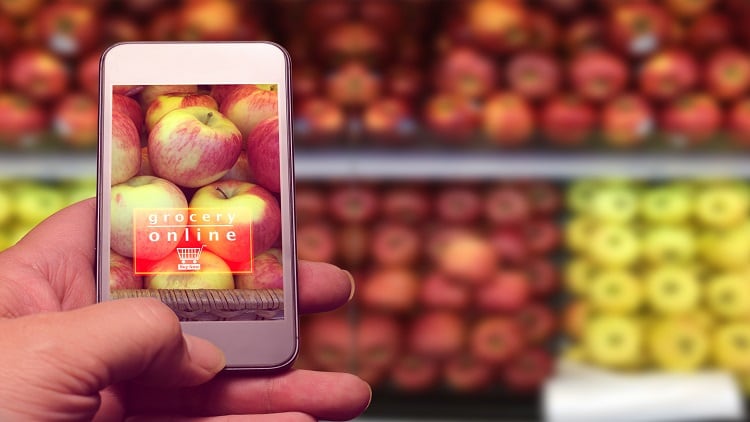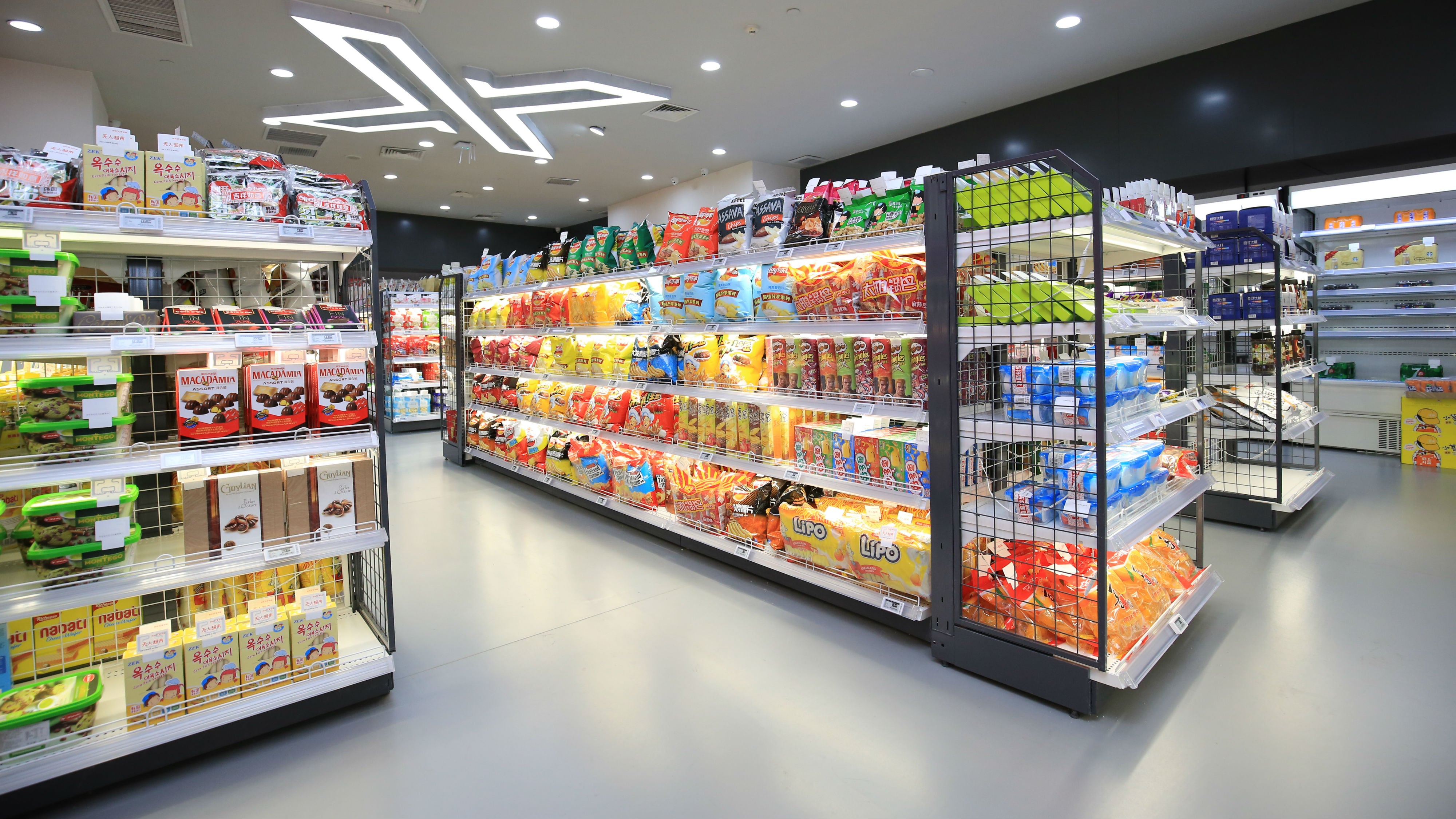With the alliance, JD aims for kiwis from New Zealand; cherries from Canada; oranges and cherries from the west coast of the US; and blueberries from Chile to fly directly to China within 48 hours.
The alliance included Kiwi brand Zespri; South Africa’s Capespan; US strawberry farm Driscoll; FruitMasters from the Netherlands; and Prize from Chile.
They would cooperate with JD in terms of 1) product packaging; 2) customised product ordering; 3) exclusive sales of new products and; 4) expansion of sales channels.
For instance, JD is standardising fruit packaging to prevent easily perishable fruits from spoiling during the transportation process.
“In contrast to the traditional blueberry packaging, our new packaging comes in a box with pores in order to avoid problems commonly seen in the transportation of blueberries…With such processing, even blueberries from as far as Chile could remain fresh for a longer period,” said Xiaofeng Li, Head of Fresh Produce at JD Fresh.
In addition, JD Fresh will work directly with the governments and enterprises of fruit importing countries in order to shorten the importing duration.
In the past, JD Fresh would need to work with 3rd party pallet enterprises who would interfere with product price and quality inspection, hence prolonging the import duration.
In order to be time-efficient, JD is currently working with farming enterprises in the use of drones and blockchain to shorten the time for fruit quality inspection.
These enterprises include Gesex, Sunview, Oneanta, Fruitmasters and Agricom.
Besides reducing transportation time, JD has identified targeted groups of audience for its online fruit business. For instance, it would market pears and avocados specifically for mothers and infants.
Big data
Sales of imported fruits sales have increased steadily over the years, JD revealed.
In 2016, the ratio of imported fruit sales was 20%. This figure jumped more than twofold to 45% by 2017, and further climbed to 65% this year.
Avocados, grapes, oranges, cherries, and berries are amongst the favourites for the younger consumers whom JD said are the main fruit buyers on the e-commerce space.
According to JD’s big data, it is mostly the young, highly educated consumers from the middle to high income groups who are willing to spend on buying fruits online.
These consumers place more emphasis on healthy and nutritional eating, JD explained.



